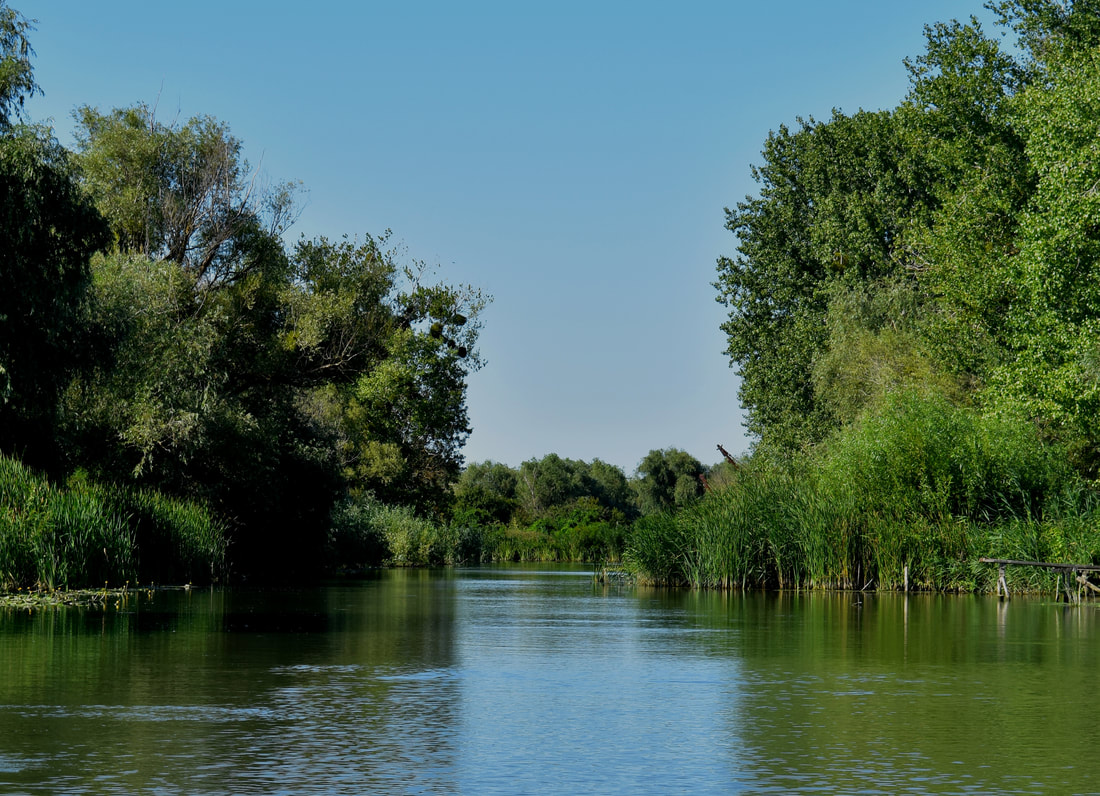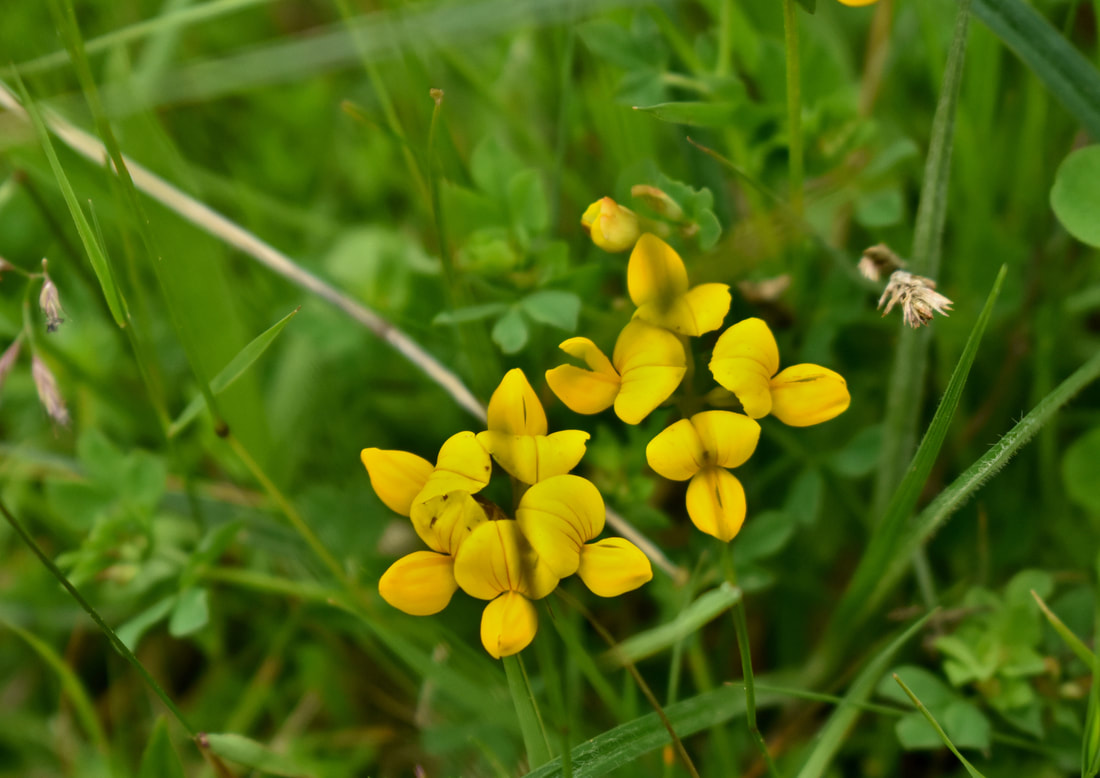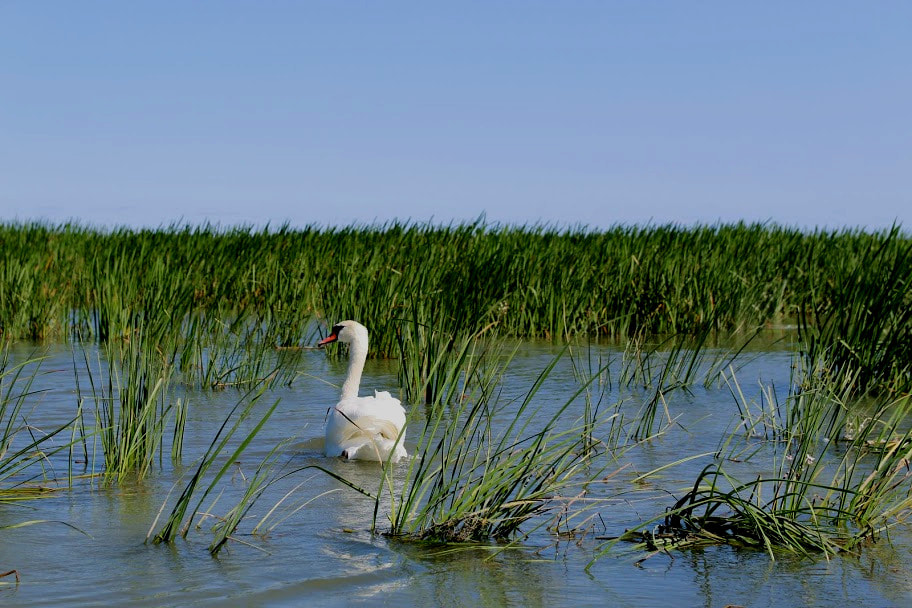
Oana Resiga
Despite starting my undergraduate degree as a Biomedical student, my interests quickly and unexpectedly started to revolve around conservation biology and behavioural ecology. It wasn’t until my final year, however, that my attention was drawn to the ecology of biological invasions and the major and complex impacts they can have on ecosystem worldwide, with severe consequences. Thus, I did not think twice before jumping at the opportunity to undertake a Master’s research project exploring this topic. During my Master’s I will be investigating the potential physiological responses of invasive plant species to future climate change, as well as the ways in which competitive interactions between invasive and native species might be altered in a warming climate. In order to achieve this, I will be focusing on some of the most well-known invasive plant species in Europe, such as Himalayan balsam (Impatiens glandulifera) and Giant hogweed (Heracleum mantegazzianum). These species are commonly found in riparian habitats, which are not only of great importance from a biodiversity and ecosystem services standpoint, but are also particularly susceptible to biological invasions. Therefore, it is imperative to better inform management strategies through a more in depth understanding of the ecological factors underpinning invasion patterns, which is what I will be attempting to contribute to by carrying out this project. Position: Research Masters Student
Supervised by: Dr. Wayne Dawson and Prof. Steve Willis Membership: Conservation Ecology Group (CEG) Contact Details: Department of Biosciences, Durham University, South Road, Durham, DH1 3LE. Email: [email protected] |
Education
2020-Present MScR Biosciences, Durham University
2017-2020 BSc(hons) Biosciences, Durham University
2020-Present MScR Biosciences, Durham University
2017-2020 BSc(hons) Biosciences, Durham University



